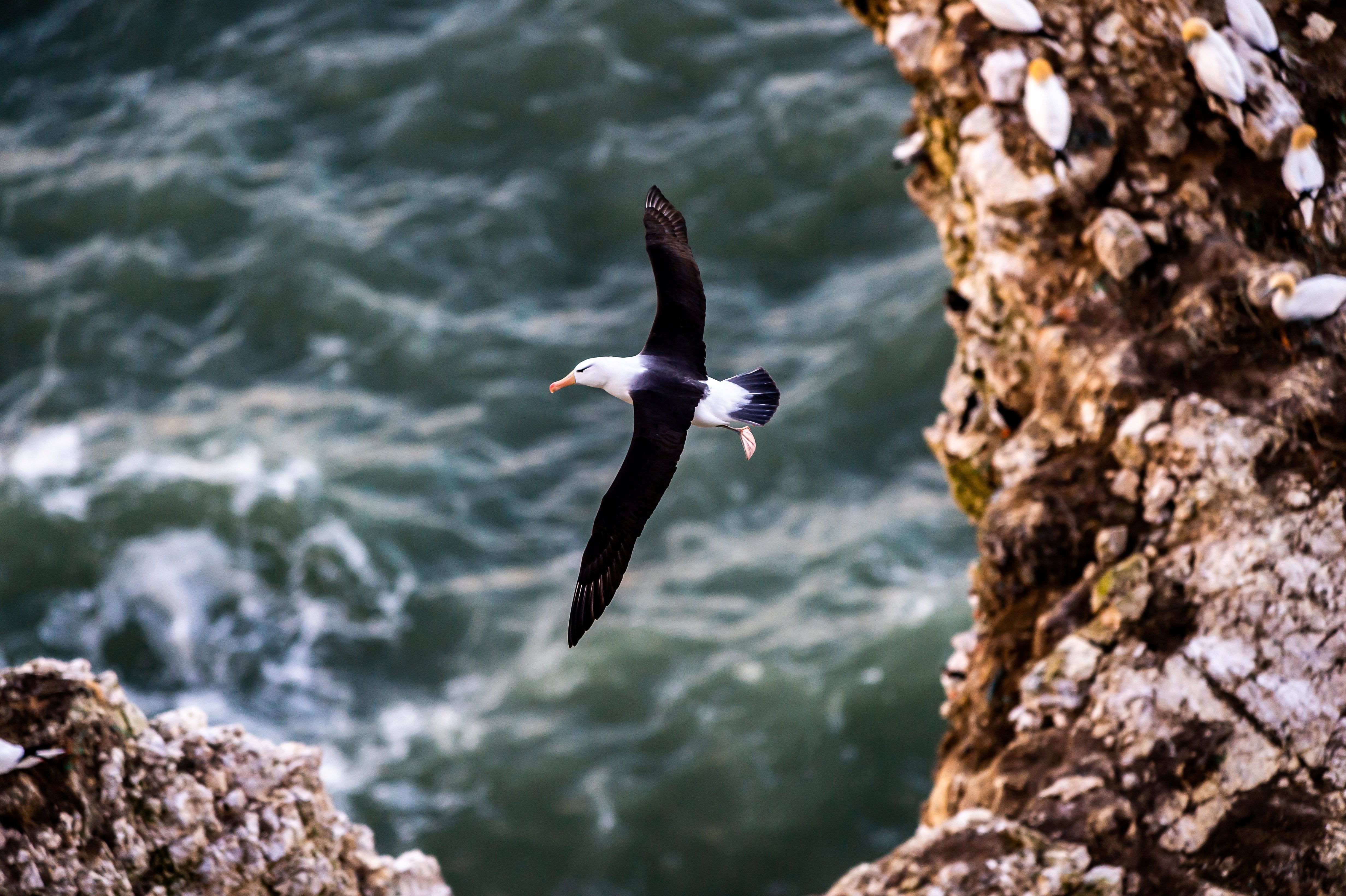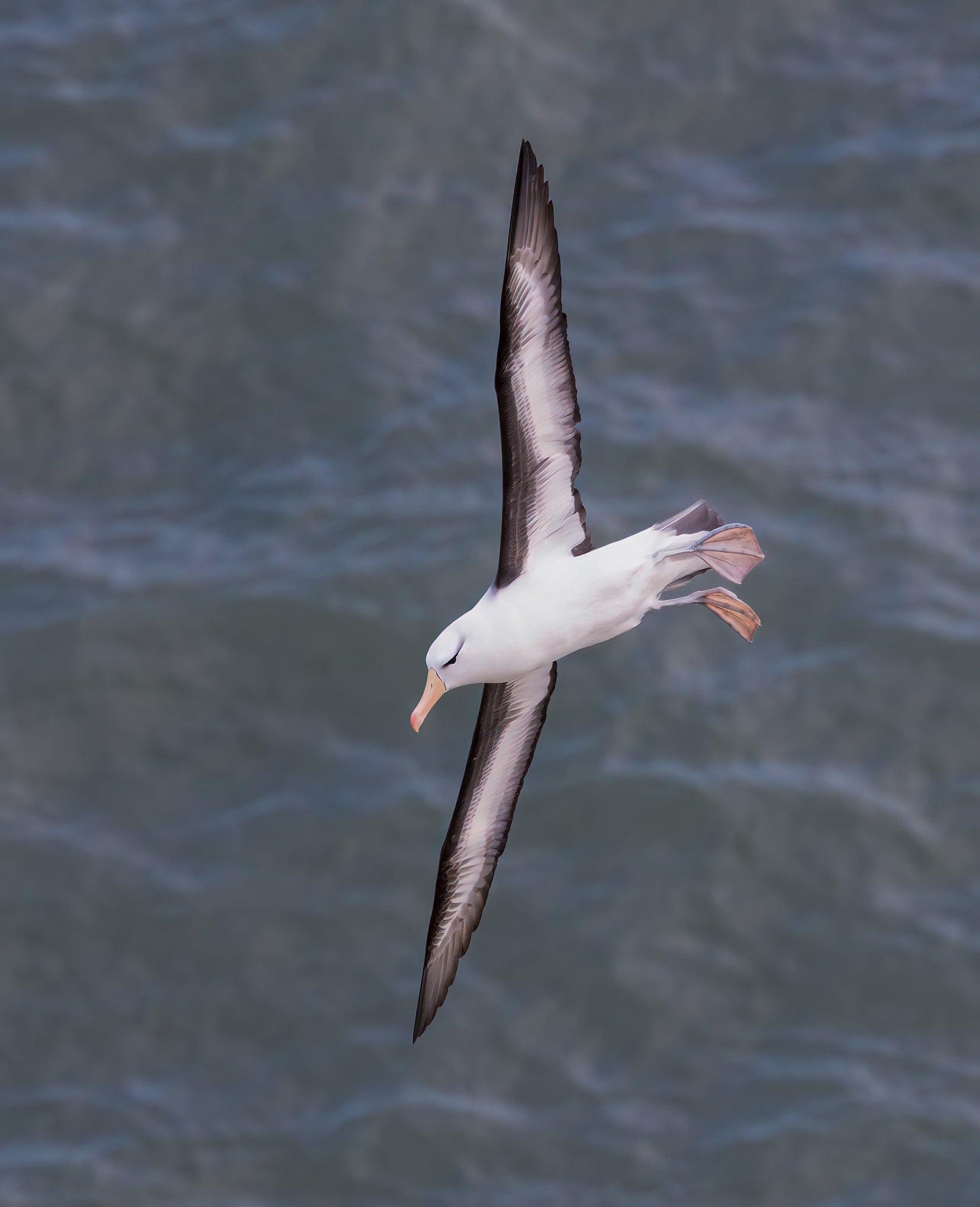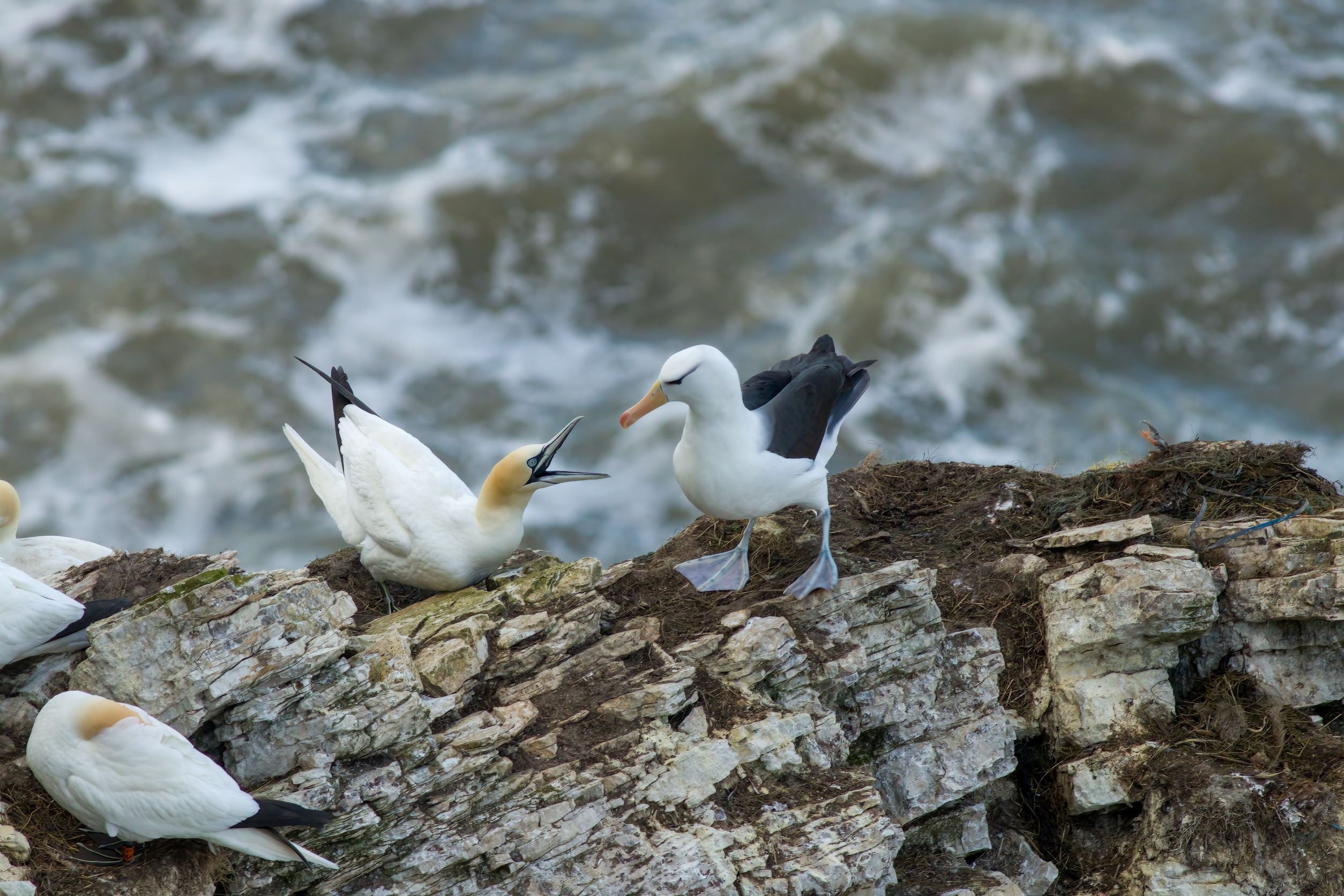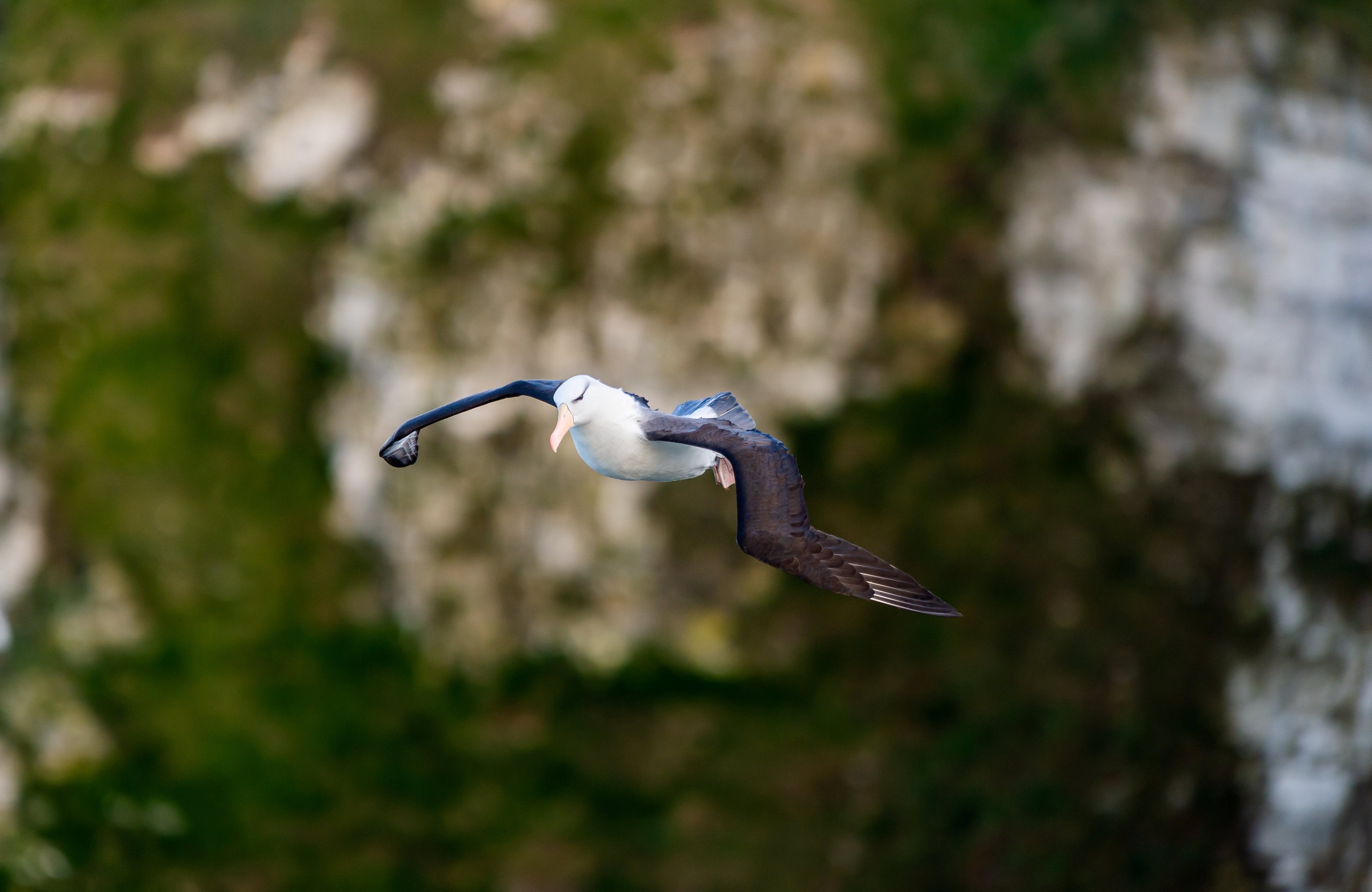Albie the Albatross, world’s loneliest bird, lands in Yorkshire
Albie returned to the RSPB Bempton Cliffs nature reserve on 30 March

Your support helps us to tell the story
From reproductive rights to climate change to Big Tech, The Independent is on the ground when the story is developing. Whether it's investigating the financials of Elon Musk's pro-Trump PAC or producing our latest documentary, 'The A Word', which shines a light on the American women fighting for reproductive rights, we know how important it is to parse out the facts from the messaging.
At such a critical moment in US history, we need reporters on the ground. Your donation allows us to keep sending journalists to speak to both sides of the story.
The Independent is trusted by Americans across the entire political spectrum. And unlike many other quality news outlets, we choose not to lock Americans out of our reporting and analysis with paywalls. We believe quality journalism should be available to everyone, paid for by those who can afford it.
Your support makes all the difference.Europe’s only albatross has returned to Yorkshire. Nicknamed Albie, the albatross is believed to have lived in the northern hemisphere since 2014.
The black-browed albatross, or any kind of albatross, is not commonly found in Europe, and it is thought that Albie was blown off course and has been left unable to return to his breeding grounds.
As a result, he will be not be able to find a mate and has been dubbed the ‘world’s loneliest bird’ as a consequence. Albatrosses are known for being socially monogamous, meaning the birds pair for life and can sometimes stay together for the entirety of their 70-year life spans.

Equatorial winds make it unlikely that Albie will ever return to albatross breeding grounds in the Falklands and South Georgia.
Albie the albatross was regularly seen at RSPB’s Bempton Cliff nature reserve last summer and has now returned to the spot after a hiatus. Celebrity bird-watchers who have come to see him include Bill Oddie, and All Creatures Great and Small actor Samuel West.

He has also been spotted across the North Sea in Germany and in Scandinavia where he spends the winter.
Albie is a black-browed albatross, which is a medium-sized albatross that has a wingspan of 200-240 cm. Until 2013, the International Union for Conservation of Nature classified the species as endangered but it is now a bit of a success story.
Black-browed albatrosses are one of the only albatross species not currently listed as threatened and their global population is increasing, according to the RSPB.
However, they are still at risk from threats such as being caught in commercial fishing gear.

Join our commenting forum
Join thought-provoking conversations, follow other Independent readers and see their replies
Comments